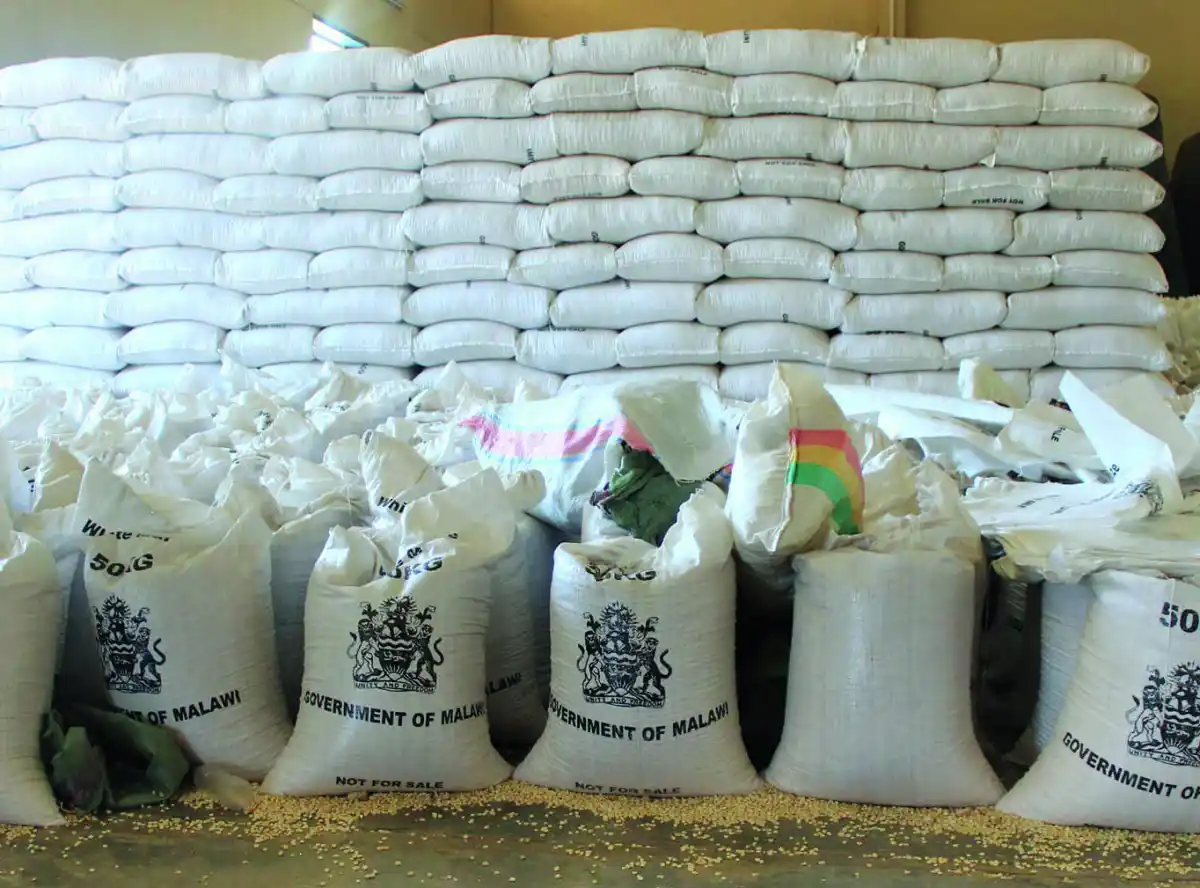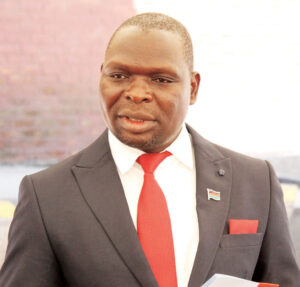
By Kingsley Jassi:
The recent announcement of a projected maize production deficit in second crop estimates poses a risk on inflation and growth prospects, experts have warned.
Ministry of Agriculture released crop estimate figures that show the country is set to produce 2.96 million tonnes of maize.
Economic expert, Lesley Mkandawire said this may have an impact on food prices, thereby pushing inflation higher than initially projected.
Inflation is budgeted at an average of 22.3 percent in the current fiscal year as growth outlook is set at 3.4 percent on account of initially anticipated improved agricultural performance.
“If this deficit has not been budgeted for, it will also cause fiscal pressure because government will have to possibly import maize for distribution. That will further affect economic performance,” Mkandawire said.
Meanwhile, in the recently passed 2025- 26 national budget, government set aside K60 billion for maize purchases.
However, the continued underproduction in the agriculture sector comes despite heavy investment to improve production.

In his policy statement, Finance Minister Simplex Chithyola Banda said government’s focus was to enhance production for the attainment of household and national food self-sufficiency and increase disposable income for all Malawians.
He explained that this would be achieved through initiatives such as the AIP, mega farms, irrigation and farm input loans being administered by Neef to work in complementarity.
The last budget had an initial allocation of K277 billion that, among others, targeted one million households with AIP fertilizer at a cost of K161 billion.
The budget had also allocated K60 billion to provide farm inputs to over 251,000 youth, women and those with disabilities with access to land while mega farmers were allocated K20 billion and medium scale commercial farmers had K30 billion through Neef and this was later increased to K150 billion.
With all these resources yielding lower than intended yield, Mkandawire said there is need to change the course on policy direction, citing inefficiencies in programme implementation and poor targeting of beneficiaries.
Agriculture policy expert Felix Jumbe cited inefficiency in production systems as exposing the country to food shocks in the wake of climate change.
Mwapata Policy Institute is on record to have faulted policy makers on lack of investment in mechanised irrigation production, agricultural research and extension services, saying this continues to expose the country to food supply shocks.








0 Comments